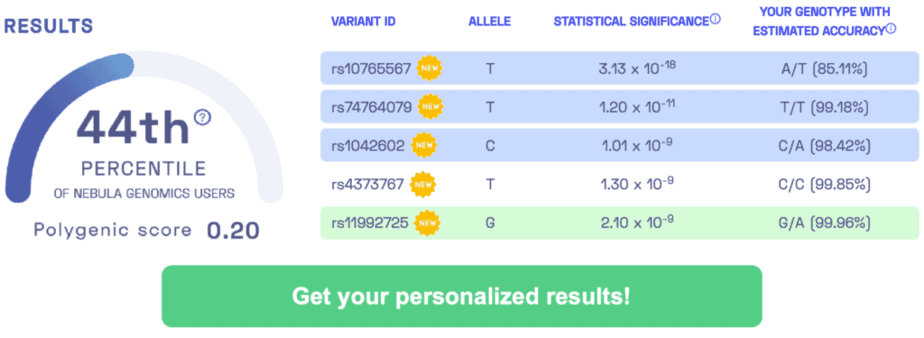SUMMARY: Discovery of 4 genomic regions associated with the sporadic Creutzfeldt-Jakob disease, a form of neurodegenerative prion disease.
OVERVIEW: Prion diseases occur in the brain when certain proteins fold into the wrong configuration, causing them to aggregate together. Neurodegeneration begins to occur as a result of this clumping leading to a progressive and fatal form of dementia. Prion diseases can be inherited (familial) or can occur through the consumption of infected meat (variant), but the vast majority of cases are known to occur spontaneously (sporadic). Little is known about what may make an individual more susceptible to acquiring a form of prion disease known as sporadic Creutzfeldt-Jakob disease (sCJD). This genome-wide association study examined over 5,000 individuals of European ancestry affected with sCJD to better understand the influence of genetics on the condition. Four regions of the genome were found to be strongly associated with the risk of the disease. In addition to a variant in the prion protein itself, the study found other variants near genes known as GAL3ST1, STX6, and BMERB1.
DID YOU KNOW? Mad cow disease is one example of variant Creutzfeldt-Jakob disease. Though extremely rare, the condition results from eating nerve tissue (such as the brain) of an infected animal. Amazingly, infectious prion proteins can handle extreme heat and cannot simply be neutralized through cooking like pathogens such as bacteria. Even sterilization processes used by hospitals aren’t effective at getting rid of the infectious proteins. [SOURCE]
SAMPLE RESULTS: Learn more about the Nebula Research Library.

sCJD-ASSOCIATED VARIANTS: rs179999, rs3747957, rs2267161, rs6498552
ADDITIONAL RESOURCES:
What are human prion diseases?
Creutzfeldt-Jakob disease
YOU MAY ALSO BE INTERESTED IN:
Prion Disease (Mead, 2009)
Multiple Sclerosis (IMSGC, 2019)
Alzheimer’s disease (Dumitrescu, 2020)
WEEKLY UPDATE: October 2, 2020
